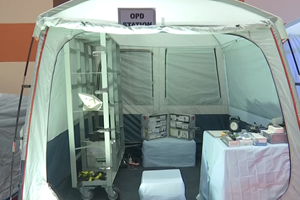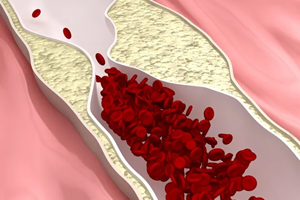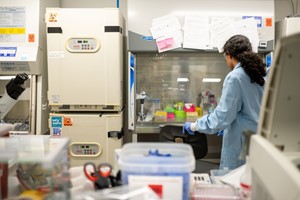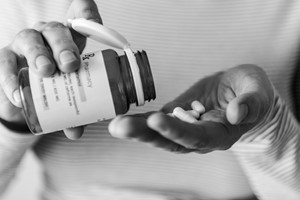Amana Healthcare, the Middle East’s leading provider of post-acute care services, has launched a first-of-its-kind therapy program to rehabilitate patients who have been left with serious health issues and impairments after recovering from COVID-19.
Drawing on the Mubadala Healthcare provider’s established expertise working with long-term care patients and offering specialized rehabilitation for conditions such as strokes and traumatic brain injuries, spinal cord injuries, the new program is being deployed as part of its broader efforts to mitigate the effects of the global pandemic.
While an immediate priority in hospitals at the outset of the pandemic has been to save the lives of patients with severe complications from COVID-19, with the network’s hospitals declared free from COVID-19 attention is now turning to rehabilitation for discharged patients. To this end, Amana has devised a four-stage process that helps to restore the physical and cognitive functions that are often diminished in the aftermath of the disease, particularly over long periods of care in an ICU.
Dr Jason Gray, Senior Director for Clinical Operations at Amana Healthcare, says: “COVID-19 can confine patients to medium- to long-term care in an ICU or acute hospital setting. Recovery brings new challenges, such as regaining breathing functions, physical movement, muscle strength, and healthy body weight and composition. Cognitive functions such as attention, memory and mood may also present psychological challenges. This is when the rehabilitation phase begins, and where Amana’s post-COVID-19 rehabilitation program comes in.”
Amana’s post-acute rehabilitation (PAR) service is led by an in-house team of multidisciplinary (MDT) specialists which include physical medicine and rehabilitation physicians, physiotherapists, occupational therapists, respiratory therapists, dietitians, rehab nurses and social workers.
One of the patients who is undergoing the post-COVID rehabilitation program as tele therapy, is Shamilah Ahmad.
Shamilah says: “Recovering from COVID-19 seemed such a long way away once I was discharged from the hospital for the second time. This is where the post-COVID rehabilitation program from Amana Healthcare stepped in and changed the course of my recovery. For me, to have a team of multidisciplinary therapists who are looking after me, who care about not just my physical, but also cognitive wellbeing, gives me the strength to continue to fight the impact of this virus. I don’t feel alone anymore as I had been made to feel previously. Psychologically this is a huge step in itself.”
She says that the program has given her confidence in her ability to recover. “Through the help of this rehabilitation program, I hope to be able to get back to my normal life, and to return to work doing the job I love and the hobbies that I enjoyed. Amana’s rehabilitation programme has made this possible, and I feel and see improvement in myself daily and I hope to continue to make progress until I reach my goal.”
Deborah Pierce, Director of Rehabilitation at Amana Healthcare and a New Zealand-trained physiotherapist, emphasizes that the four stages of the program coalesce with the input of different professional disciplines.
She says: “The four rehabilitation stages cover ICU step-down rehabilitation and ventilator weaning; specialized inpatient rehabilitation; home or tele/video rehabilitation; and specialized outpatient rehabilitation. An assessment is made as to whether all four stages of the program are necessary; from here, we can deliver the correct therapy to assist in returning the patient to pre-illness levels of function, activities and life roles.
“Our objective is to help patients get back to their pre-COVID life,” adds Pierce. “Some patients need help getting off a ventilator but for many patients the challenge is to regain strength, mobility and independence after spending weeks immobile or comatose in a hospital bed. This is done by Amana’s MDT team, and the program begins in Amana’s rehabilitation facilities and continues in the patient’s home.”
Currently, inpatient referrals to Amana facilities come through those acute hospitals treating COVID-19 in the UAE. In contrast, outpatient tele/video rehabilitation and home rehabilitation can also be accessed directly by patients who have been discharged to their homes, or who have self-managed at home to date, but whose rehabilitation needs are yet to be addressed. This growing emphasis on telemedicine and homecare indicates a developing trend in the endeavour of overcoming the virus.













